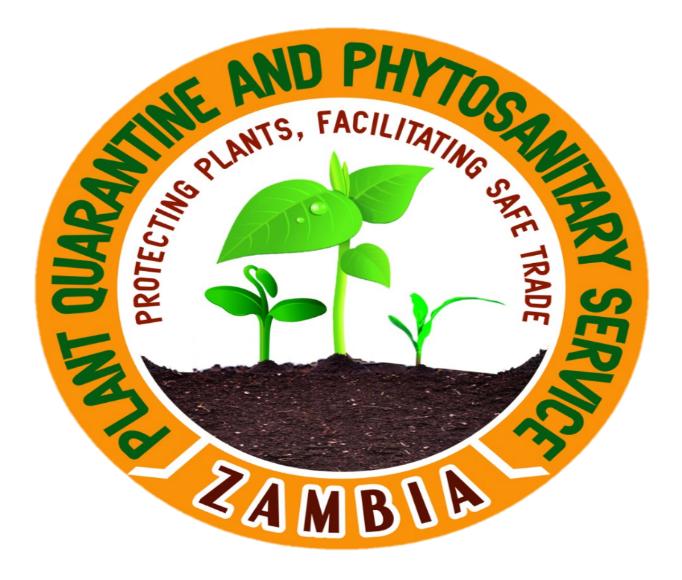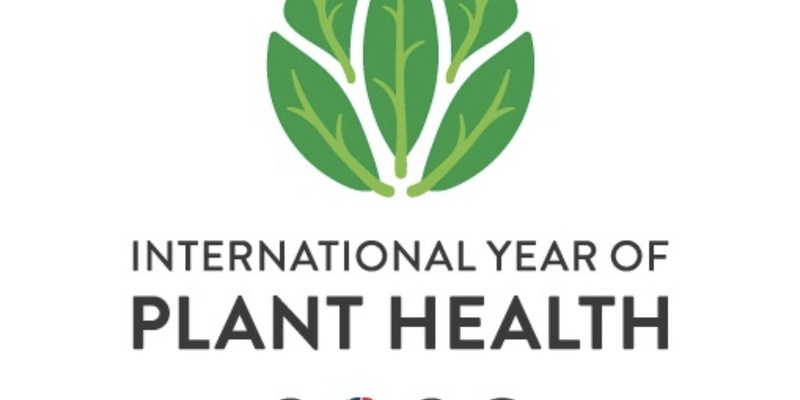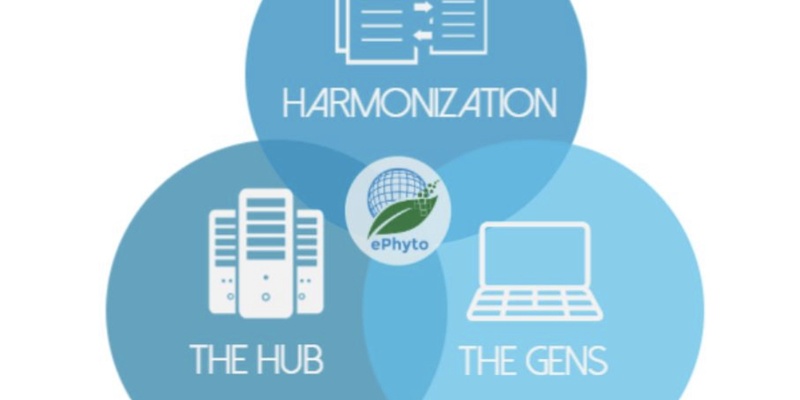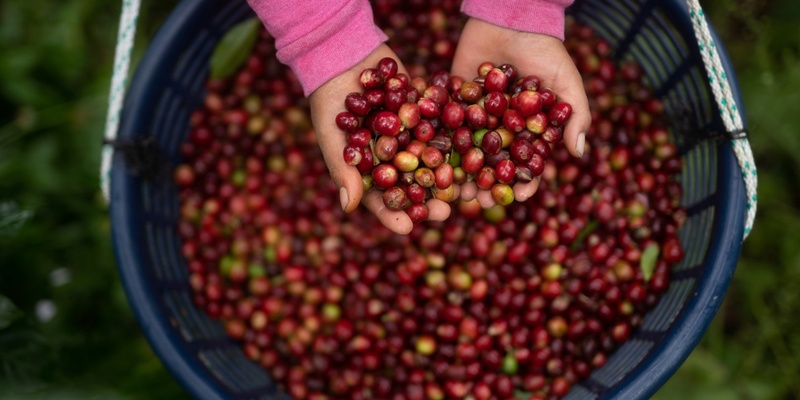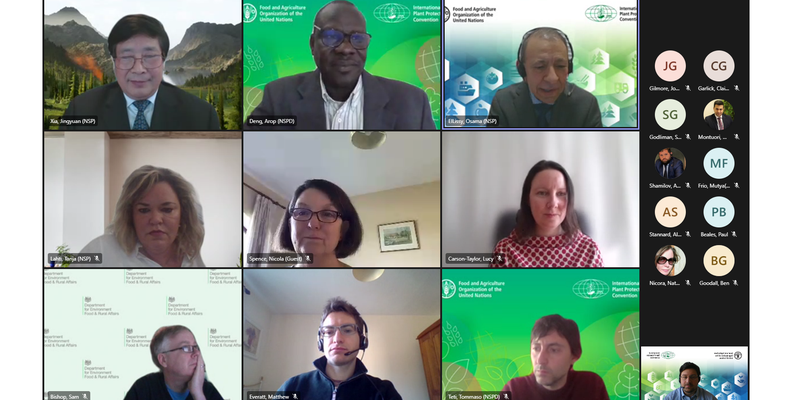The United Nations Announces the International Day of Plant Health
Posted on Fri, 08 Apr 2022, 15:35 Rome 7 April 2022 – The International Plant Protection Convention (IPPC) Secretariat reported at the Commission on Phytosanitary Measures (CPM) virtual meeting about the United Nations’s decision to observe the International Day of Plant Health (IDPH) on 12 May each year. The CPM-16 welcomed the decision, which is one of the most significant legacies of the International Year of Plant Health (IYPH). This was in addition to the first ever International Plant Health Conference (IPHC) slated for 21-23 September 2022, in London. The original International Year of Plant Health 2020 plan included an International Plant Health Conference in Helsinki in November 2020. However, the conference was ultimately canceled because of the COVID pandemic. In July 2021, the IYPH International Steering Committee suggested the IPHC takes place during the week of 9-13 May 2022, in concurrence with the first ever International Day of Plant Health (IDPH). The government of Zambia, with a proposal from its national plant protection organization, championed the idea for IDPH on 12 May each year to be observed by the international community. The IPPC Secretariat is coordinating the first ever International Plant Health Conference, a hybrid event co-hosted by the Food and Agriculture Organization (FAO) and the United Kingdom of Great Britain and Northern Ireland……
